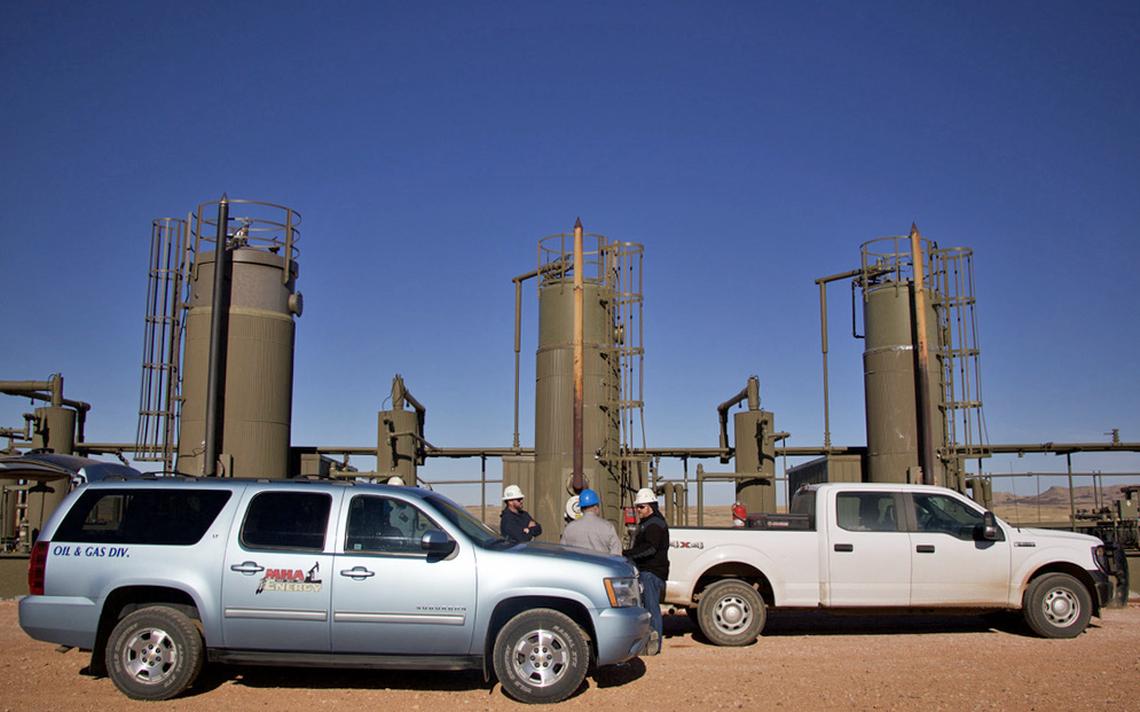Local News
Port: On oil and gas issues, Biden’s administration is only interested in listening to some American Indians

MINOT, N.D. — Recently, the Environmental Protection Agency announced the White House Environmental Justice Advisory Council’s formation, or WHEJAC.
The goals of this council, per the EPA’s website, “are to provide advice and recommendations to the EJ IAC and the Chair of CEQ on a whole-of-government approach to environmental justice.”
Among the issue areas named in the announcement are “Tribal and Indigenous issues” and “civil rights.”
This council is set to be hugely influential under President Joe Biden’s administration, but it’s clear from the membership of the council that Biden is only interested in listening to one side of this debate.
From the midwest region, which covers North Dakota, the members include a representative from the NDN Collective, a group purporting to represent the interests of Indigenous people that was involved in the often-violent protests against the Dakota Access Pipeline, a “sustainability” bureaucrat from the city of Minneapolis, a representative of a Hmong group in Minneapolis and an academic from the University of Michigan.
Not included is any representative from the Mandan, Hidatsa, and Arikara Nation here in North Dakota, one of the country’s top oil and gas-producing tribes.
The MHA Nation wasn’t alone in getting snubbed. The council’s southwestern region includes more bureaucrats and left-wing activists but no representatives from the Ute Indian Tribe in Utah, which is another major producer of oil and gas.These are glaring omissions for a governing council that will claim to represent the point of view of Indigenous people on environmental issues. How can you do that if you freeze out the two tribes in America benefitting the most from oil and gas development?
Though this isn’t the first time the interests of the Utes and the MHA Nation have been ignored by the Biden administration. Soon after taking office, Biden announced a ban on oil and gas leasing and permitting on federal and tribal lands, forcing both tribes to scramble to receive an exemption. “The Ute Indian Tribe and other energy-producing tribes rely on energy development to fund our governments and provide services to our members,” Luke Duncan, a spokesman for the Utes, said at the time.
More recently, the MHA Nation had to send the Biden administration a letter asking to be consulted, on a nation-to-nation level, about any moves impacting the continued operation of the Dakota Access Pipeline, which carries about half of the oil output from the tribe’s lands to market.
Under the Trump administration, the U.S. Army Corps of Engineers has been the courts to keep the line operating while a new court-ordered environmental review is conducted. The Biden administration is deciding whether to continue that position and apparently hadn’t bothered to reach out to the tribe most directly impacted by the decision.
Which, again, is a remarkable thing for an administration that claims to be interested in Indigenous voices on these issues.
Hollywood activist Mark Ruffalo seems to get more attention from the Biden administration than some tribal voices.
Apparently, Biden and his people are interested in what American Indians have to say, as long as they’re the right American Indians.





